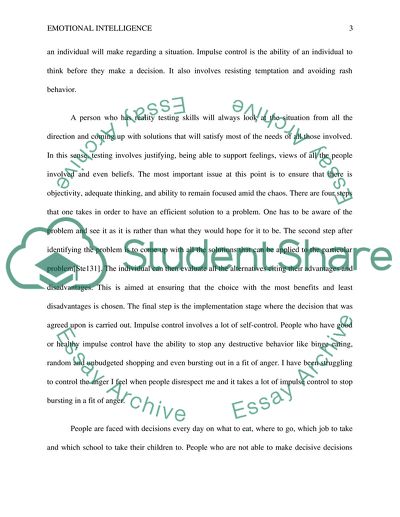Cite this document
(Emotional Intelligence and its Factors Coursework, n.d.)
Emotional Intelligence and its Factors Coursework. Retrieved from https://studentshare.org/psychology/1874612-emotional-intellegence-projec
Emotional Intelligence and its Factors Coursework. Retrieved from https://studentshare.org/psychology/1874612-emotional-intellegence-projec
(Emotional Intelligence and Its Factors Coursework)
Emotional Intelligence and Its Factors Coursework. https://studentshare.org/psychology/1874612-emotional-intellegence-projec.
Emotional Intelligence and Its Factors Coursework. https://studentshare.org/psychology/1874612-emotional-intellegence-projec.
“Emotional Intelligence and Its Factors Coursework”, n.d. https://studentshare.org/psychology/1874612-emotional-intellegence-projec.


